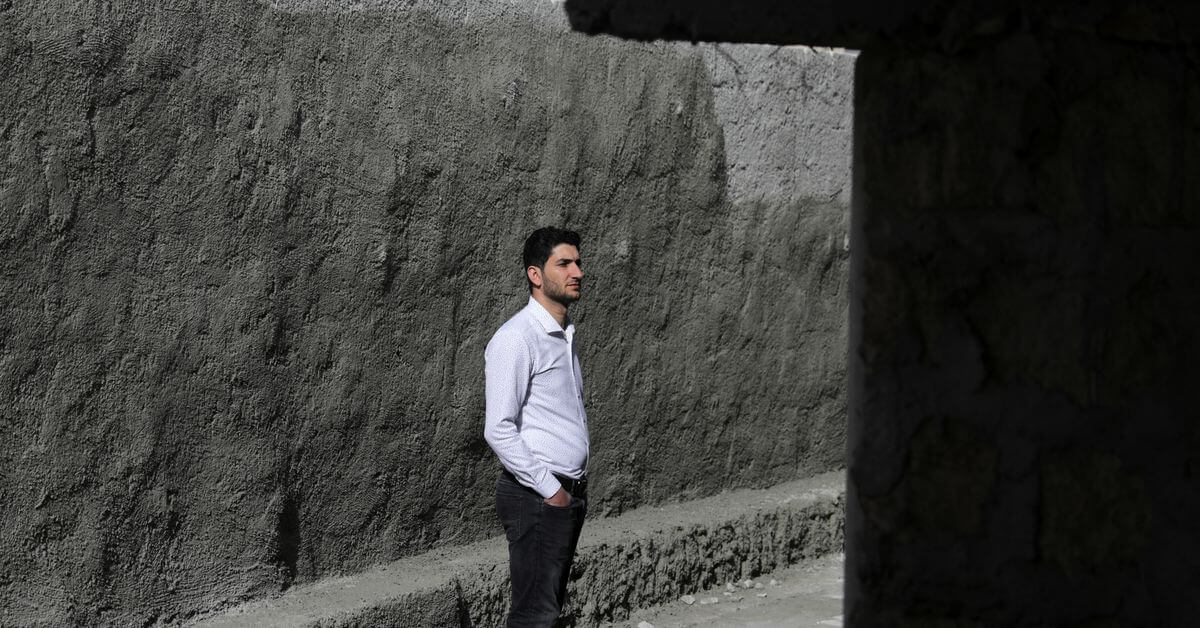IDLIB, Syria/BEIRUT, April 10 (Reuters) – Abdel Hamid al-Youssef said 25 members of his family, including his wife and infant twins, were killed when poison gas was dropped on their town in Syria in 2017, in an attack a U.N.-backed inquiry concluded was launched by the Syrian state.
“In seconds, everything was erased. Life was completely erased,” Youssef, 33, said of the sarin attack that struck the town of Khan Sheikhoun, one of scores of times chemical weapons have reportedly been used in the country’s 11-year-old war.
The bombardment, in Syria’s rebel-held northwest, killed at least 90 people, 30 of them children, Human Rights Watch, a New York-based rights group, said.
By the time of the strike, Syrian-allies Russia and China had already vetoed efforts at the United Nations to open an investigation by the International Criminal Court (ICC) into war crimes and crimes against humanity in Syria.
As the Khan Sheikhoun attack marks it fifth anniversary, survivors and human rights campaigners say the failure to hold anyone accountable for chemical attacks in Syria could encourage further use of such banned weapons.
The United States and other countries have warned Russia could deploy chemical or biological munitions in its invasion of Ukraine, without providing concrete evidence. read more The Kremlin has dismissed the statements as “diversion tactics”.
“There is no deterrent for Russia,” said Youssef, who wants Syrian President Bashar al-Assad to be held to account. “Until this day, the criminal is free.”
Assad’s government has denied using chemical weapons in the war, which started as an uprising against his rule and has killed at least 350,000 people. Syria signed international conventions outlawing the use of such weapons in…

